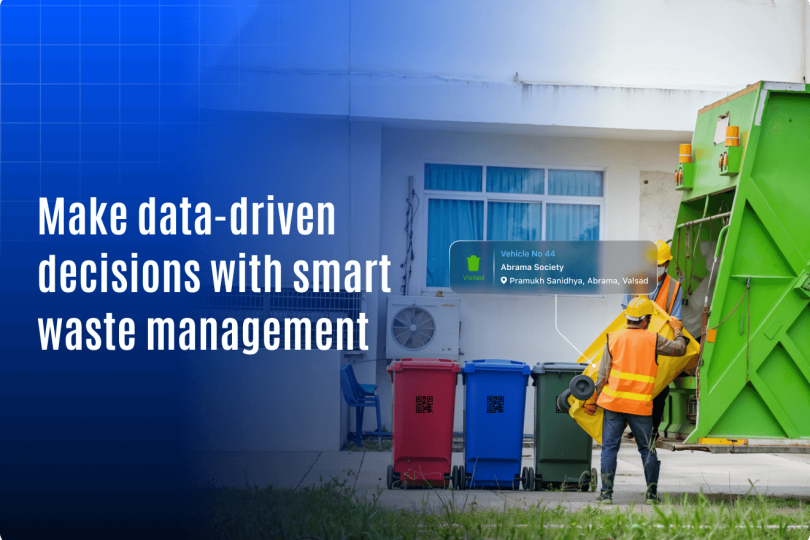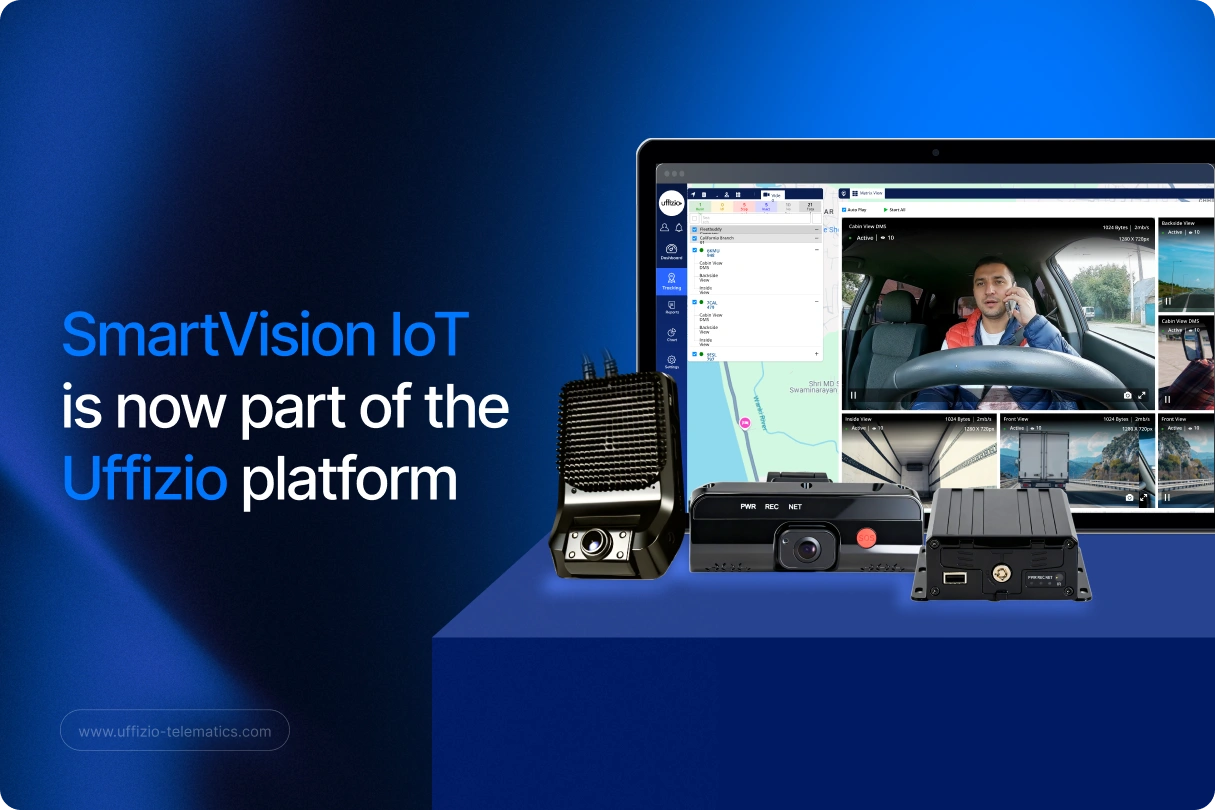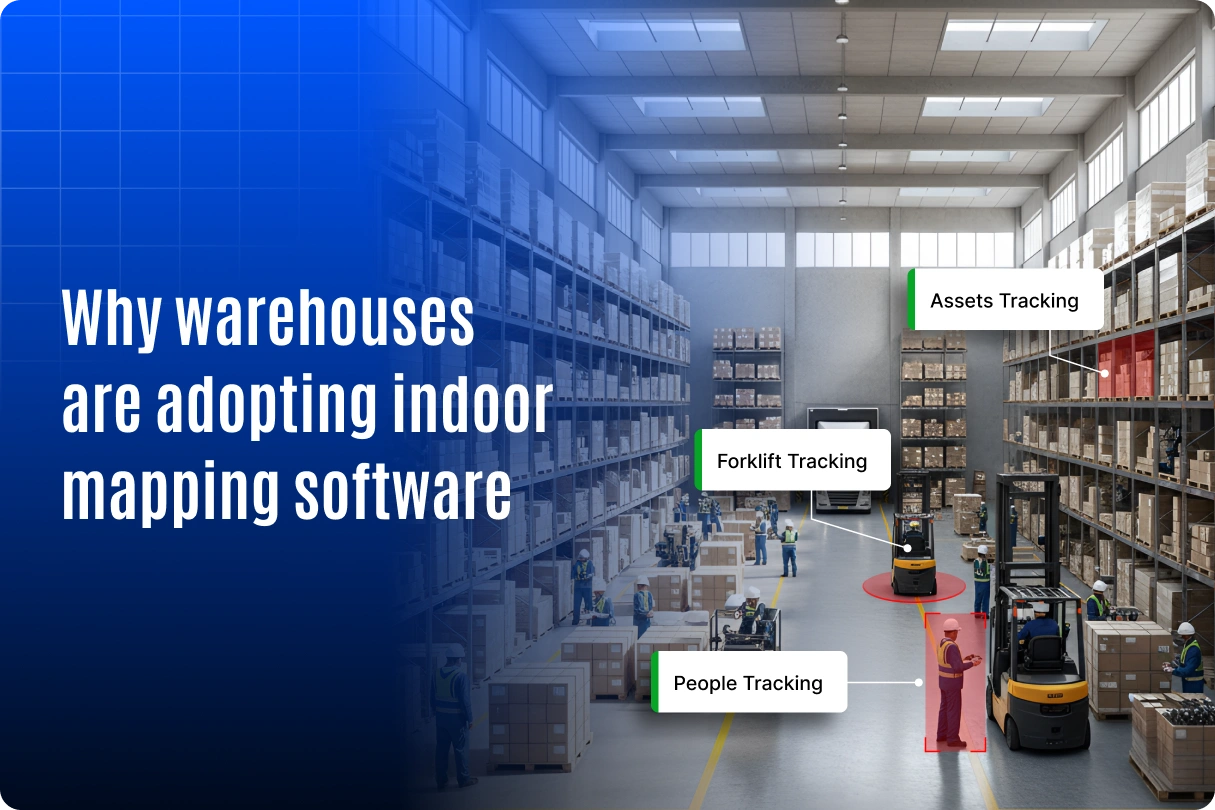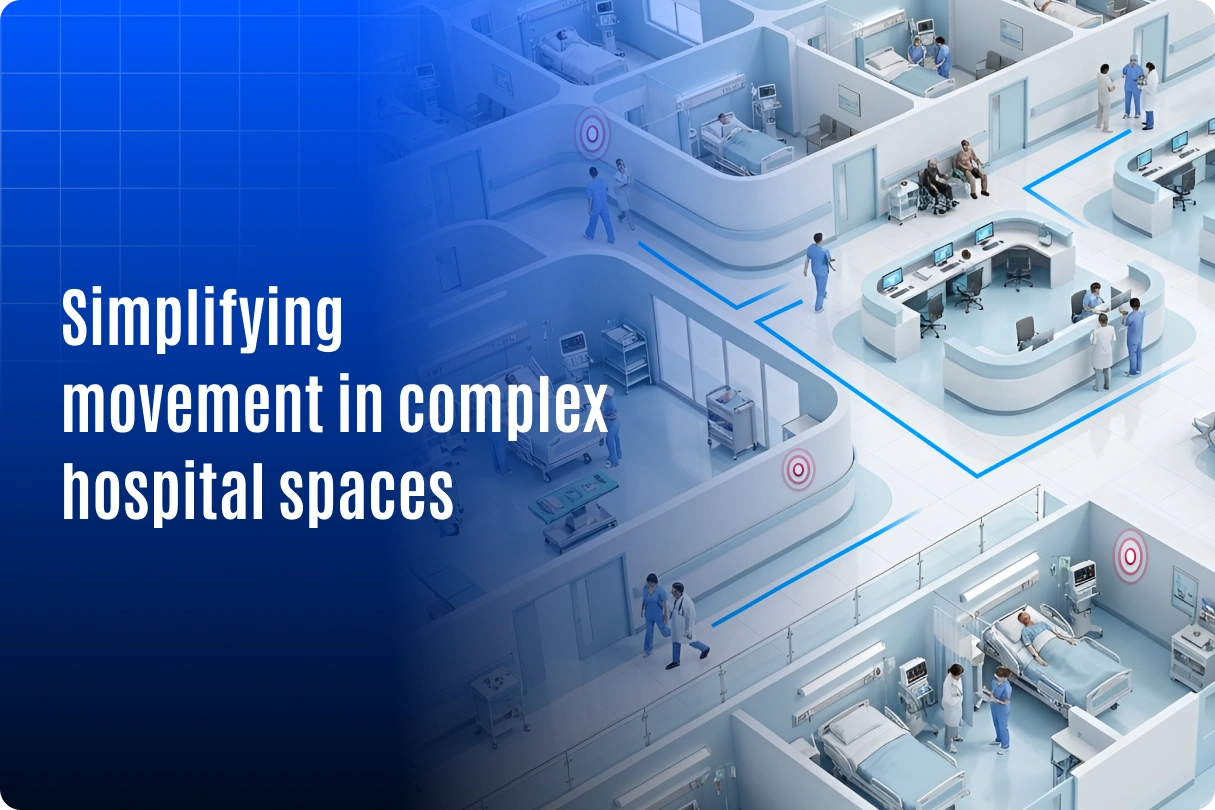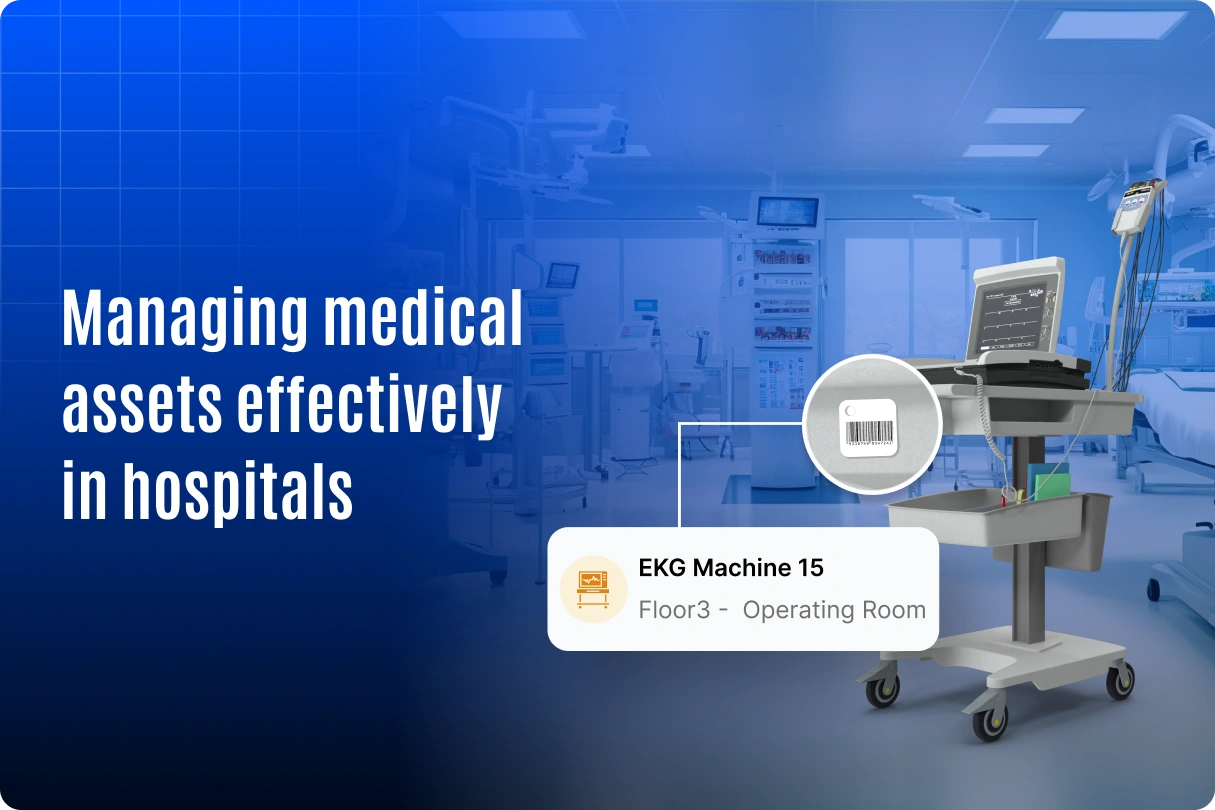Managing waste in today’s urban world isn’t just a routine task anymore it’s a growing challenge. Cities are expanding fast, citizen expectations are higher than ever, and outdated methods simply can’t keep up. For municipal teams, keeping things running smoothly now means finding better ways to plan, monitor, and respond in real time.
That’s where smart waste management steps in.
It’s not just about swapping paperwork for a dashboard. It’s about giving teams the clarity they’ve never had before knowing what’s happening on the ground, which bins are filling up faster, which routes are lagging behind, and where resources are stretched thin.
And the timing couldn’t be more critical. According to recent environmental reports, global urban waste is expected to exceed 3.4 billion tonnes per year by 2050 nearly double today’s levels. For municipalities already working with tight budgets and growing populations, this isn’t a future problem, it’s happening now. Residents are demanding cleaner streets, quicker responses, and more transparency.
The challenge isn’t just about collecting waste efficiently. It’s about knowing where to focus, how to pivot fast, and how to stay ahead of disruptions. Manual systems don’t offer that kind of visibility. Guesswork leads to wasted fuel, delayed pickups, and frustrated communities.
But when routine is replaced with real-time insight, everything begins to shift. Waste patterns become easier to manage. Routes become smarter. Operations stop reacting and start leading. That’s what smart waste management really delivers not just better tools, but better decisions, every single day.
What Is smart waste management?
Smart waste management uses connected technologies to transform how cities handle waste. It replaces outdated, paper-based tracking systems with automated, digital solutions that offer full visibility into daily operations.
It typically includes:
- IoT sensors in bins to detect fill levels
- GPS tracking for waste collection vehicles
- Central dashboards for live monitoring
- Mobile apps for team communication
- Integrated platforms like waste management software
This ecosystem allows city managers to stop guessing and start acting on reliable, real-time data.
Why data is the game changer
Without data, decision-making is slow, reactive, and often inaccurate. But with smart systems in place, municipalities can:
- See which areas generate the most waste
- Track how efficiently teams are working
- Identify service gaps or recurring issues
- Make faster decisions about manpower, routing, and response time
Live monitoring and performance tracking
Smart waste systems provide supervisors with live dashboards that display:
- Vehicle locations
- Bin fill levels
- Completed and missed pickups
- Ongoing collection status
These dashboards allow city managers to:
- Spot delays instantly
- Reassign tasks in real time
- Track performance by zone or worker
- Prevent missed service before it becomes a public complaint
Smarter route planning with waste collection software
Fixed schedules often lead to waste of time, fuel, and labor. Some bins are half-empty. Others overflow before collection.
Waste collection software solves this by:
- Analyzing fill-level data from bins
- Mapping the most efficient routes each day
- Helping vehicles cover more ground with fewer trips
- Reducing emissions and fuel costs
Automated reporting and compliance
City waste departments often spend hours preparing reports manually tracking mileage, pickup records, and team performance.
Waste management software eliminates this burden by:
- Generating automated reports
- Time-stamping each service event
- Providing digital records for audits
- Ensuring compliance with environmental standards
Better communication with citizens
Public trust is essential and it starts with transparency.
Smart systems help municipalities:
- Share collection schedules online
- Send real-time alerts about delays or route changes
- Let citizens report missed pickups through mobile apps
- Use data to improve community awareness and service feedback
Benefits summary: why smart waste management works
Let’s recap what cities gain by going smart:
- Real-time insights into daily operations
- Optimized routes that save fuel and time
- Automated reporting and simplified compliance
- Transparent communication with citizens
- Reduced operational costs and overtime
- Better sustainability through fewer emissions
- Higher service quality and accountability
Final thoughts
Smart waste management is no longer just an upgrade; it’s a fundamental shift in how modern cities operate. It allows municipalities to move beyond outdated routines and make faster, more informed decisions backed by real-time data.
When cities adopt the right technology, they gain control. They know what’s happening on the ground, where resources are needed, and how to respond quickly. It’s not about adding more people to solve old problems, it’s about adding visibility to solve them better.
The future of urban operations isn’t reactive. It’s proactive, efficient, and driven by insight. That’s the value smart waste management brings not just better tools, but better decisions that lead to lasting impact.
